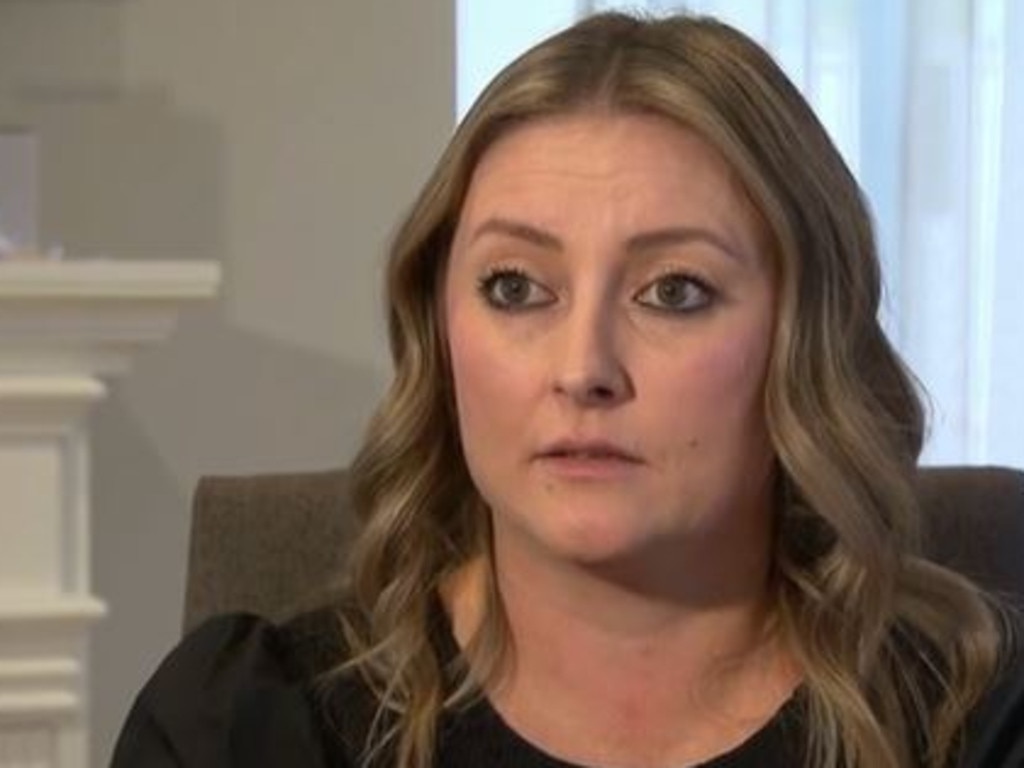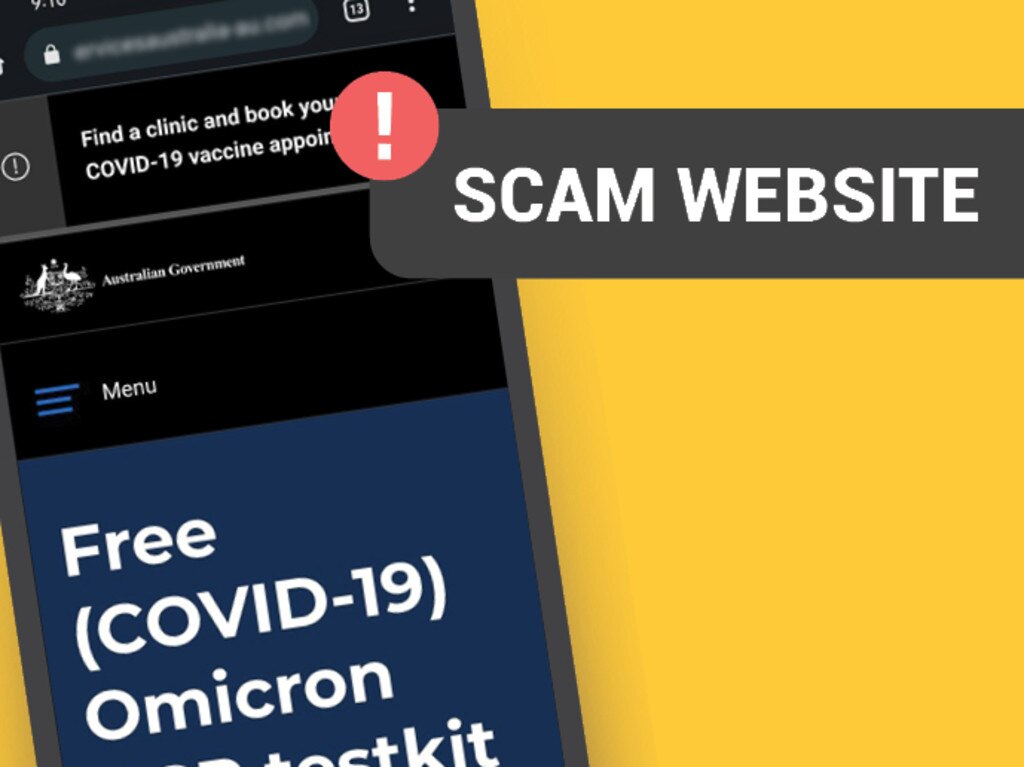Fake Covid test scam drains family of life savings
Scammers are continuing to use the Covid-19 pandemic to prey on Aussies, with one family losing their life savings after receiving an innocent looking text.

Aussies are being warned of another text message scam taking advantage of the Covid-19 pandemic to prey on the innocent.
The texts claim to be from a federal agency and advise recipients they are an Omicron close contact and need to order a free PCR test kit via the link provided.
However, the dodgy link contained in the texts is used to steal users’ information.
A Perth family reported losing their life savings after following the link and falling victim to the resulting banking scam.
Mum-of-four Storm Tait said she didn’t think much about paying the roughly one dollar delivery cost for the Covid tests – until she received another text from her brother informing her it had been a scam.
Several days later, she received a phone call from a man with an English accent claiming to be from National Australia Bank and informing her their account had been hacked.
“Immediately I panicked, thinking, ‘Oh God, I went onto that website,’” Ms Tait told Seven News.

She was convinced by the caller she needed to create three new accounts to trick the scammers and told to move her money in $19,000 transfers.
Unfortunately for the family, the call was part of the scam and drained them of their $60,000 life savings.
Ms Tait has been left traumatised by the incident, thinking something like this could never happen to her.
“I play this over in my mind so many times; I just don’t know how I didn’t think, ‘This is not correct,’” Tait said.
NAB executive group investigations and fraud, Chris Sheehan said there had been a significant and upsetting increase in various types of telecommunications and online scams in recent years.
“We will always make every attempt to prevent these scams and recover funds where possible. However, once the funds have left a victim’s account, it can often be difficult to recover them due to the sophistication of these criminals,” he said.
“We will never ask a customer to transfer money to another account to keep it safe. If someone is ever unsure if the person contacting them is from NAB, they should hang up, and call NAB on the number found on the back of their card.”

Most recently, the scam texts have claimed to be from Medicare, but previously have pretended to come from Services Australia and myGov.
They are directed to a fake Australian Government online order form which requires a full name, address, date of birth and banking or credit card details to pay for delivery costs.
Services Australia said they and other agencies do not include links in texts they may send to clients.
“Once scammers have your personal and financial details, they can attempt to access your bank or credit card accounts or steal your identity to apply for credit,” WA commissioner for consumer protection Gary Newcombe said.
“People should remain vigilant to text scams and never click on links contained in unsolicited text messages which may take you to a fake website or even download spyware onto your device.”
Mr Newcombe advised those who had already clicked on the link and provided personal details to contact their bank.
“If you have provided these details, we recommend that you contact the relevant agency or your bank using their official contact details and follow their instructions, which may involve cancelling accounts or changing passwords,” he said.
“If you have paid by credit card, keep an eye on your statement for any strange transactions. You can also dispute the transaction and request a charge-back.”



